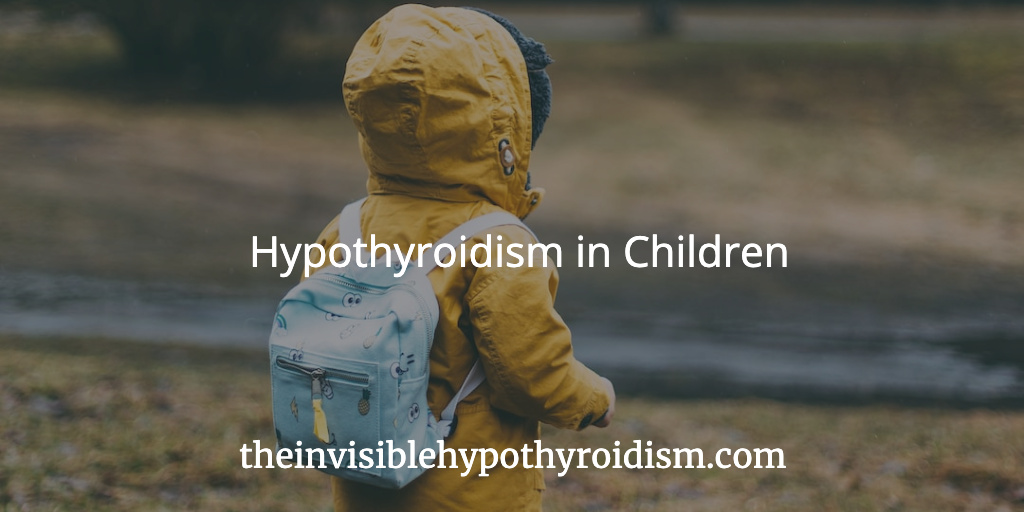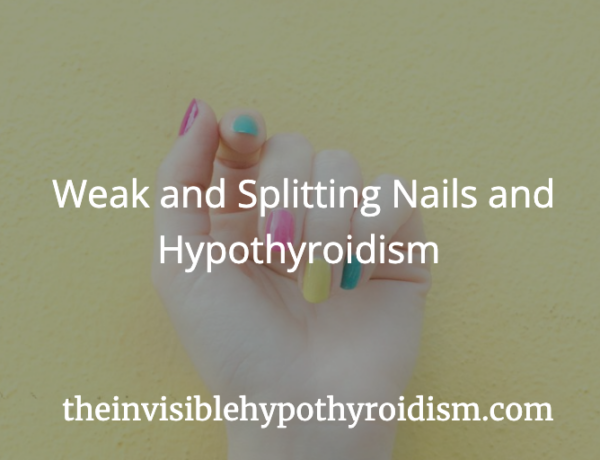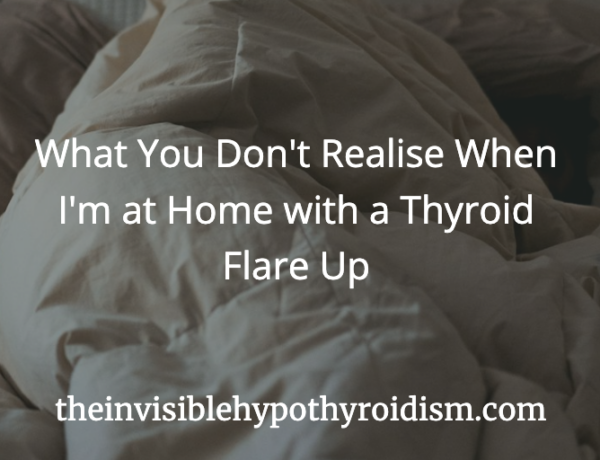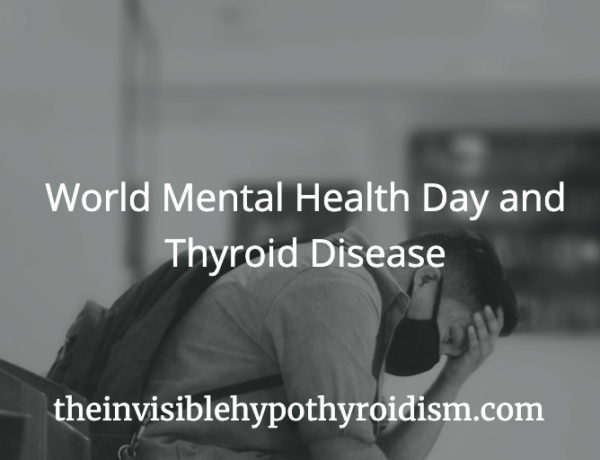Originally published on 23rd May 2016 Last updated on 29th January 2024
Children and teenagers who develop hypothyroidism typically have the same signs and symptoms as adults do, but they may also experience poor growth, develop their adult teeth later than other children, have delayed puberty and poor mental development.
However, for those born with hypothyroidism (called congenital hypothyroidism), they can look ‘normal’ and have no obvious symptoms, which is why it is so important that all children be tested at birth or soon after.
Related post: Can I Prevent My Child From Developing Hashimoto’s or Hypothyroidism?
Signs of Hypothyroidism:
- Tiredness or fatigue
- Sensitivity to cold or heat
- Weight gain, inability to lose weight
- Constipation
- Depression or anxiety
- Slow movements, speech and thoughts
- Muscle and joint aches, pains, cramps and weakness
- Poor appetite
- Dry and tight feeling skin
- Brittle hair and nails
- Numbness in limbs
- Brain fog. confusion, memory problems
- Migraines or headaches
- Hoarse voice
- A puffy-looking face
- Thinned or partly missing eyebrows
- A slow heart rate or one that increases more so than a healthy person’s, after physical activity (e.g. after walking up the stairs)
- Hearing loss
- Anaemia
- Poor stamina
- Feeling weak
- The need to nap more than others
- Long recovery period after activity
- Inability to exercise, or withstand certain exercises
- Diagnosis of Chronic Fatigue Syndrome
- Cold hands and feet
- Poor circulation
- Poor levels of iron, B12, Vitamin D
- Hair loss
- Swollen legs that impede walking
- Difficulty standing on feet
Hypothyroidism at Birth
Congenital hypothyroidism is usually tested for at birth with the heel prick test. It is a condition resulting from an absent or under-developed thyroid gland (dysgenesis), or one that has developed but cannot make enough thyroid hormone (dyshormonogenesis), making the child hypothyroid. For some babies, their thyroid gland does not form in its normal position in the neck. In others, the gland does not develop at all. And for others, it’s underdeveloped.
The term ‘congenital’ means that the condition is present at birth. We do not know always know the cause of congenital hypothyroidism or if there is a way to prevent it.
However, it can be hereditary and the most common cause is thought to be a family history of thyroid disease.
The BTF estimates that 1 in every 2000-3,000 children is born with congenital hypothyroidism.
Most babies born with congenital hypothyroidism look ‘normal’ and have no obvious symptoms, which is why it is important that all babies are tested at birth.
Some babies with hypothyroidism are sleepy and difficult to feed, although lots of babies have these symptoms without being hypothyroid. Other symptoms in babies may include constipation, low muscle tone and as mentioned about older children, poor growth. As long as it is caught early on and medicated correctly, it shouldn’t greatly impact the child’s life.
Screening is usually performed at about five days old, with a heel-prick blood test. A small amount of blood is usually tested for TSH. Children diagnosed with congenital hypothyroidism should be seen regularly by a paediatric endocrinologist or a paediatrician with a special interest in endocrinology.

Thyroid hormone replacement medication is needed for life, and it is important that doses aren’t missed. The medication usually given is T4-only, such as Levothyroxine, which can be crushed and given with usual milk.
This may prove less beneficial as the child ages and after a certain age you may consider a T3, or T3 and T4 combination medication options. Some doctors may be hesitant to try these less conventional medication options on children, but it may be worth the discussion.
Being told that your newborn baby has a lifelong condition, for which they will need to take medication daily for the rest of their lives, can be hugely overwhelming, so ensure that you utilise support from those around you. Do know that the vast majority of children with CHT have been screened at birth and treated from an early age and will grow up normally.
Children That Develop Hypothyroidism
Children and teenagers that develop hypothyroidism later on usually have a family history of the disease.
Parents may notice a change in their child’s energy levels, concentration, mood and physical appearance. Weight gain despite no real change in their diet or exercise routine could indicate hypothyroidism, as well as a lack of appetite or energy to exercise as much as they used to. Complaining they are always tired may warrant a thyroid test.
Children with undiagnosed hypothyroidism may appear to be ‘behind’ their peers in several ways, such as in height, mental development and missing school due to frequent illness.
Female teenagers may experience period problems such as a delayed start to commencing their menstrual cycles, heavy, absent or irregular periods, possibly even accompanied by migraines.
A full thyroid panel (consisting of TSH, Free T3, Free T4, Thyroid Peroxidase Antibodies,
Thyroglobulin Antibodies) can give the most comprehensive overview of thyroid health, including diagnosing if a child or teenager has hypothyroidism. However, as hypothyroidism is most often diagnosed in middle aged women, many doctors may not think to check children with symptoms for thyroid disease, so you may need to really insist that levels are checked.
Once a child has been diagnosed with hypothyroidism, they should be referred to a paediatric endocrinologist. This specialist will likely become responsible for their treatment and management. A child’s thyroid medication is likely to change as they grow and develop, so it’s important that they attend all tests and check-ups.
Where Can I Order Testing From?
If your doctor won’t test your child for a thyroid condition but you believe they may have one, or if they won’t run all the tests you need, you can explore ordering your own from online lab services.
Medichecks is a popular place in the UK, where you can order the all important thyroid function test to check for autoimmune hypothyroidism (Hashimoto’s).
LetsGetChecked cover most countries, and offer the thyroid function test, Hashimoto’s testing and many more, all from the comfort of your own home.
Signs To Keep an Eye Out For
Signs that their medication may not be optimally treating their thyroid condition can include any of the symptoms listed above. Treatment for children or teenagers with hypothyroidism is the same as adults, where medication is usually needed for life. The medication type given is most often T4-only, such as Levothyroxine or Synthroid, which seems to work well for most, though may prove less beneficial as the child ages and after a certain age it may be worth considering a T3 and T4 combination.
The NICE Guidance, as of January 2022 state:
For children aged 2 years and over and young people taking levothyroxine for primary hypothyroidism, consider measuring FT4 and TSH every 6 to 12 weeks until the TSH level has stabilised (2 similar measurements within the reference range 3 months apart), then every 4 to 6 months until after puberty, then once a year.
For children aged between 28 days and 2 years who are taking levothyroxine for primary hypothyroidism, consider measuring FT4 and TSH every 4 to 8 weeks until the TSH level has stabilised (2 similar measurements within the reference range 2 months apart), then every 2 to 3 months during the first year of life, and every 3 to 4 months during the second year of life. [1]
Do you have a child with hypothyroidism? Or were you a child that had it yourself?
***
References:
[1] https://www.nice.org.uk/guidance/ng145/chapter/recommendations
Books:
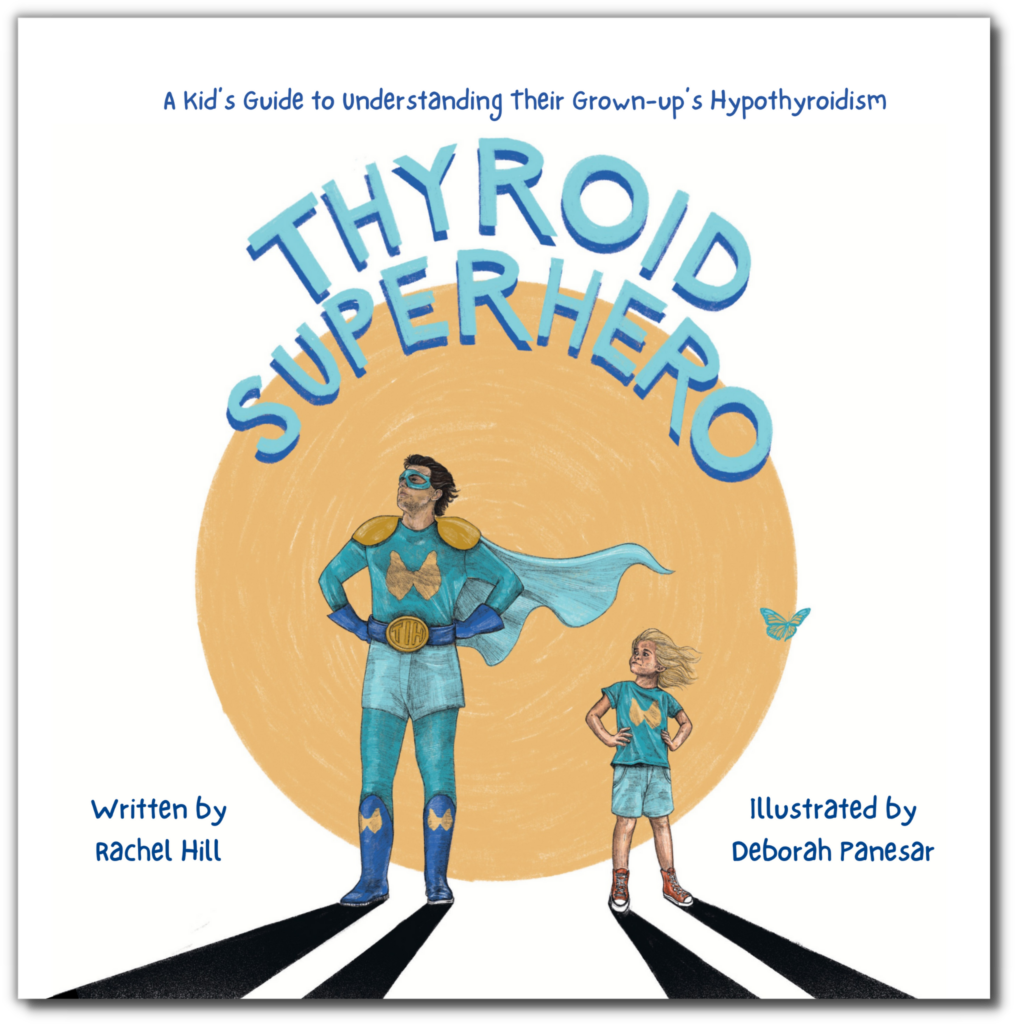
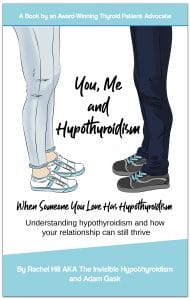
You can click on the hyperlinks in the above post to learn more and see references to information given.

